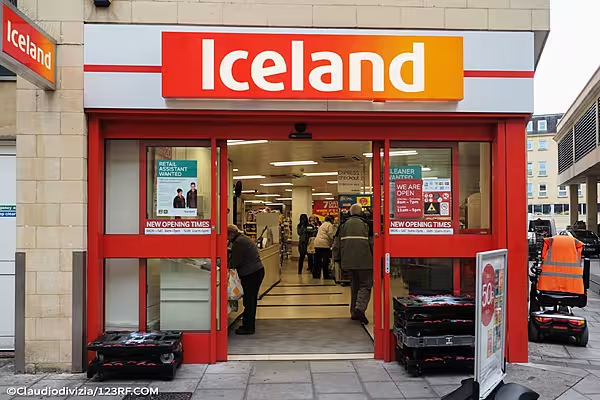Disposable income among people under the age of 30 in the UK dropped 21.6% year-on-year in July, according to the latest data from Asda Income Tracker.
This decline follows a sharp increase in spending on essentials, such as rent, groceries, transport costs and utility bills.
Expenditure on essentials in this age group rose by 12.5% year-on-year in this period to £774 per week, data showed.
As a result, individuals and families in this demographic were left with a disposable income of around £150 per week after paying taxes and essential bills.
Overall Picture
Household disposable income across all demographics declined by 16.5% year-on-year in July.
This was the second-largest fall since the Income Tracker was first published in 2008, Asda noted.
It implies that households were on average £40.21 per week, or £160.84 per month, worse off compared to July 2021.
The Asda Mindset Tracker unveiled that 89% of customers are worried about rising energy prices and 87% by the increase in inflation.
Asda Income Tracker
The tracker is a measure of ‘discretionary income’, reflecting the amount remaining after the average UK household has had taxes subtracted from their income and bought essential items, such as groceries, electricity, gas, transport costs and mortgage interest payments or rent.
The Income Tracker measures the amount left to spend on discretionary purchases, including leisure and recreation goods and services, among others.
Recently, Asda extended its new loyalty programme, Asda Rewards, to all 633 stores across the UK and online via its website.
© 2022 European Supermarket Magazine – your source for the latest retail news. Article by Dayeeta Das. Click subscribe to sign up to ESM: European Supermarket Magazine.










